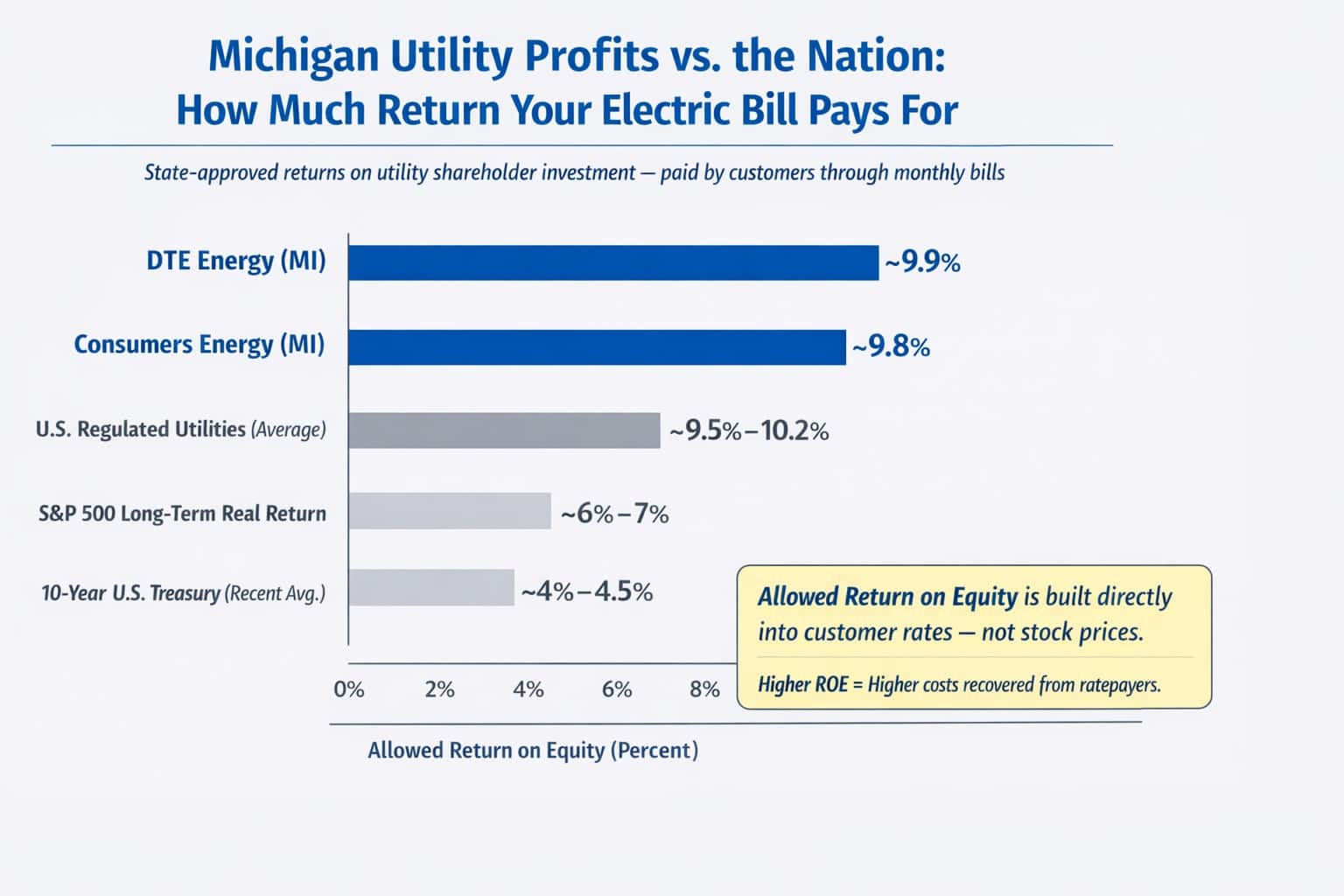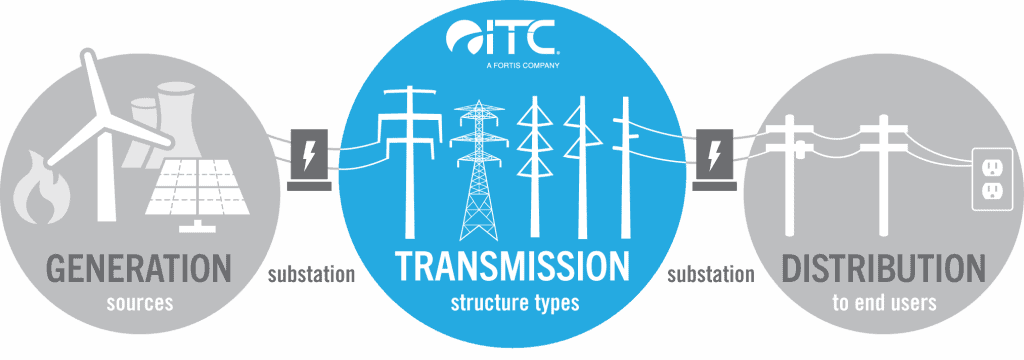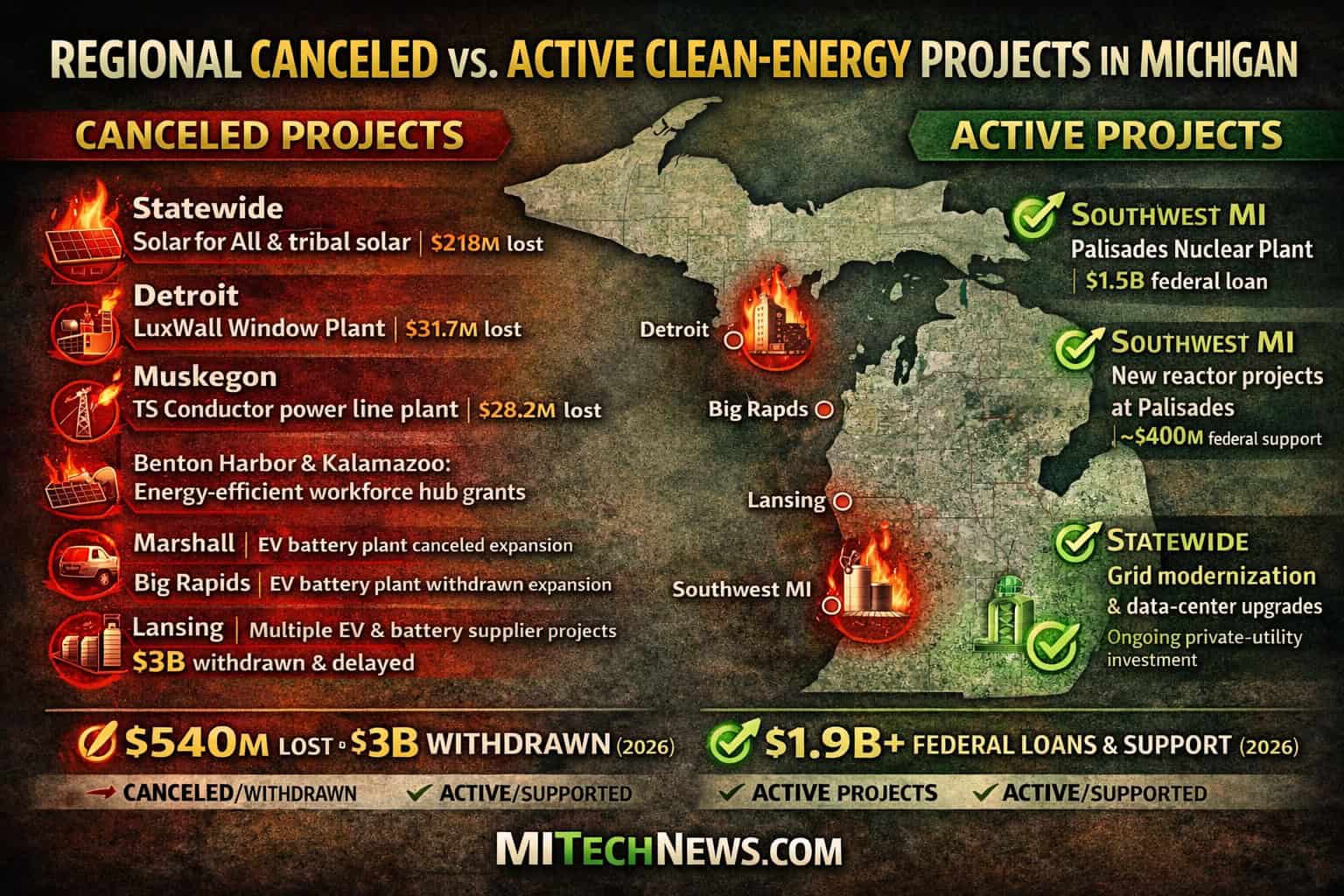TRAVERSE CITY ? If the United States is to develop a sustainable electric vehicle infrastructure, charging stations and better swap locations will be critical, a new study released this week shows.
PwC?s Electric Vehicle Survey 2012 predicts global hybrid and electric vehicle market share will reach 6.3 percent by 2020, if finding the right ratio between integrated public charging stations to the number of EVs on the road is achieved. The survey was released at the Management Briefing Seminars sponsored by the Center for Automotive Research.
?Continued investment to improve upon the electric vehicle value chain, along with the pace of advancement in competing alternative fuel solutions will ultimately determine the level of success EVs are able to achieve,? said Brandon Mason, senior analyst, PwC?s Autofacts. ?While we don?t expect one to be parked in every driveway anytime soon, there is no doubt that EVs are here to stay.?
Approximately 25 percent of survey respondents said one public station for every 20 EVs is an ideal ratio, while 20 percent indicated one station for every five vehicles is ideal. Roughly 80 percent of respondents also indicated that 30 minutes or less charge time is considered fast charging for EVs.
Focusing on price, nearly 46 percent of respondents felt that long-term total cost of ownership savings is the most likely reason consumers would be willing to pay an upfront premium for an EV. Automakers continue to evaluate the price premium consumers are willing to pay for an EV. Survey respondents indicated that consumers willing to pay a premium price would need to remain under $5,000.
?Automakers accelerate their efforts to find solutions to reduce for battery, alternative drive train and the vehicle overall,? said Oliver Hazimeh, automotive Cleantech transportation leader, PwC. ?Passing high initial development costs on to the consumer is not a long-term option as it is not viable to rely on long-term government incentives. Auto companies need to deploy smart vehicle and technology platforms and global partnerships to achieve economies of scale.?






